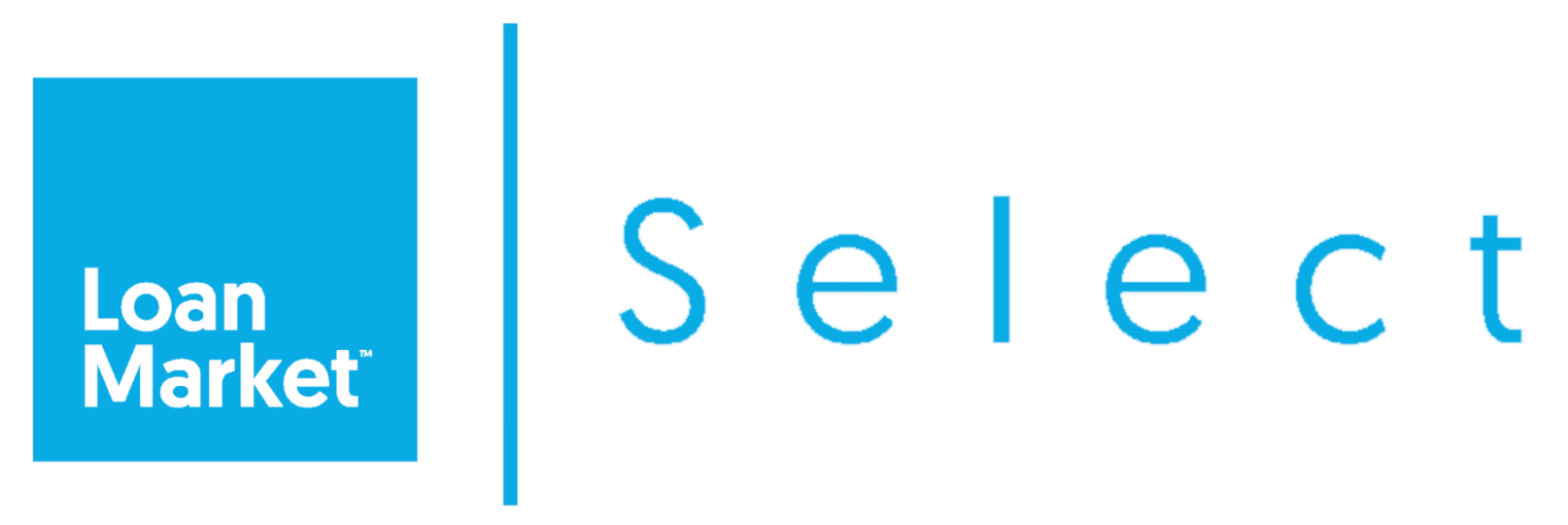How to Compare Business Loans and Choose the Right One for Your Business
This article is by Mortgage Brokers Northern Beaches. Just contact us if you need home loan help.
Trying to compare business loans can feel overwhelming, like flipping through fine print you barely understand. With so many loan types, lenders, interest rates, and hidden fees, it’s no wonder many Aussie business owners end up feeling stuck.
If you're already running a business or planning to start one in Sydney, this guide is made for you. Whether you need funds for equipment, expansion, or just to cover a rough patch in cash flow, knowing how to compare business loans properly can save you serious time, stress, and money.
Let’s break it all down in 10 easy steps, no jargon, just straight answers.
Step 1: Know Exactly Why You Need the Loan
Start by getting clear on your loan purpose. Are you buying equipment? Covering cash flow gaps? Expanding into a new site? Different needs suit different loan products.
For example:
- Equipment? Go for equipment finance.
- Stock or supplies? A short-term loan might do.
- Big renovation? You’ll need a long-term business loan.
- Emergency cash? Look at lines of credit or a business overdraft.
Knowing why you need the loan helps you narrow down the options fast.
Step 2: Choose the Right Type of Business Loan
Each type of loan is suited to a specific business situation. Here are some of the common types of business loans available for Sydney business owners:
- Term Loans – Great for fixed projects. You get a lump sum and repay over time.
- Line of Credit – Ongoing access to funds. Good for covering cash flow ups and downs.
- Equipment Financing – Best for buying gear, vehicles, or machinery.
- Invoice Financing – Fast cash using your unpaid invoices.
- Merchant Cash Advance – You repay from daily sales. Quick, but costly.
- Unsecured Business Loan – Easier approval, but higher interest.
- Secured Business Loan – Lower rates, but you need to offer collateral like commercial property or assets.
Remember to always match the loan type to your business purpose.
Step 3: Compare Interest Rates vs. APR
Let’s be honest; a low interest rate looks good on paper, but it doesn’t tell the whole story. To really understand what you're signing up for, you need to look a little deeper.
Here’s the deal: interest rates alone don’t show the full cost.
The APR (Annual Percentage Rate) includes interest plus all fees like establishment fees, monthly charges, and other hidden costs. Two loans with the same interest rate can have very different APRs, and that can make a big difference to your wallet.
So, always compare APR; it shows the real cost of borrowing from start to finish.
Step 4: Consider the Loan Term Length
The loan term affects both your monthly payments and total cost:
- Short-Term Loans (1–24 months) – Quick repayment, higher instalments, less interest overall.
- Long-Term Loans – Lower monthly repayments, but more total interest over time.
Match the term to your business cash flow. If your income is seasonal, consider a longer-term plan.
Step 5: Understand Repayment Flexibility
Don’t get trapped in a rigid loan. Ask:
- Can I choose weekly, fortnightly, or monthly repayments?
- What happens if my income dips?
- Are there penalties for paying the loan off early?
Flexible repayment options can help you stay on track, especially if your business income changes from month to month. Having breathing room in your repayments can be the difference between managing your loan comfortably or falling behind.
Business Loan Confusion? We’ll Simplify It for You
Our team of Sydney mortgage brokers knows the ins and outs of the local business loan market. Whether you're starting a café or expanding your tradie business, we’ll help you compare business loans and choose the one that fits your cash flow and growth plans. Speak with us today at 0403 316 686 or visit our website by clicking here.
Step 6: Look Out for Hidden Fees
Even the best-looking loan offer can turn into a financial trap if you’re not paying attention. That’s why spotting hidden costs is just as important as checking the interest rate.
This is where many business owners slip up. Look closely at:
- Establishment fees
- Monthly service fees
- Early exit fees
- Late payment penalties
Some lenders offer a low interest rate to draw you in but then hit you with fees that quietly stack up. Always add up the total cost of the loan before signing anything.
Step 7: Compare at Least 3 Lenders
Don’t take the first loan offer you get. Compare options from:
- Traditional banks – Good rates, but strict rules.
- Online lenders – Fast and simple, great for startups or urgent funding.
- Credit unions – Community-focused, often lower fees.
- Fintech platforms – Let you compare offers side-by-side (like Bizcap Fast and Small Business Loans).
Lenders vary in loan terms, service, and speed of processing, even for the same loan type. Taking the time to shop around can reveal better deals, more flexible features, or even faster access to funds when you need it most.
Step 8: Check Your Eligibility First
Before applying, know what lenders look for. This helps you avoid wasting time and protects your credit score from unnecessary hits. Getting rejected can also limit your options for other lenders down the line.
Key eligibility criteria usually include:
- Time in business (usually 6–24 months minimum)
- Monthly revenue or annual turnover
- Business bank statements
- Credit score (bad credit business loans are available, but expect higher costs)
- Assets for secured loans
Different loans suit different business circumstances, from brand-new startups to mature companies with solid revenue. Don’t apply blindly; always match your current business profile to what the lender is looking for.
Step 9: Match the Loan to Your Business Type
Your business size and industry matter. Lenders often assess risk based on your sector, revenue patterns, and how long you’ve been operating. Some quick examples:
- New business with low revenue? Go for unsecured or short-term loans.
- Established company with a good record? Consider secured business loans or longer-term options.
- Seasonal business? Lines of credit and overdrafts work better.
The goal is to pick a loan that works with your cash flow, not against it, especially if your income fluctuates or depends on a specific time of year.
Step 10: Focus on Total Loan Cost, Not Just Monthly Payments
A loan might offer small monthly repayments, but if the term is long and fees are high, you’ll pay much more in the end. Low monthly payments can be tempting, but they often hide higher borrowing costs over time.
Always calculate: Loan principal + interest + fees = total cost of borrowing
And remember, the cheapest business loan isn’t always the best one. It also needs to align with your business goals, cash flow, and repayment ability.
Let Sydney Mortgage Brokers Do the Hard Work
Still not sure which loan suits your business? Let our expert Sydney mortgage brokers compare lenders, rates, and terms on your behalf. We’ll break it all down so you can focus on running your business. Call us at 0403 316 686 or click here to visit our website.
Frequently Asked Questions (FAQs)
Who offers the best business loans?
The “best” business loan lenders depend on your needs, loan size, credit history, and business offerings. Banks may offer lower business loan rates for long-running businesses, while online lenders offer faster access and more flexible business loans for new startups or sole traders.
Use a business loan calculator to compare what’s best for you, or speak with business finance experts to get help tailored to your situation.
How much can I borrow?
Your borrowing power depends on your business balance sheet, monthly revenue, and credit report. Lenders will also check your business history, credit scores, and the strength of your business plan. Typical business loans range from $5,000 to $500,000, but some business finance products go higher for business expansion or major investments.
What type of loan is best for a small business?
It depends on your stage and goals. Unsecured loans are popular for new businesses or sole traders with no collateral, while flexible business finance, like lines of credit, is better for those needing ongoing access to funds. Established companies may benefit from secured term loans, especially for business development or expansion. Always match the loan to your business cycle and income.
What’s a good interest rate on a business loan?
The average business loan interest in Australia ranges from 7% to 15%, depending on whether the loan is secured or unsecured. Keep in mind that variable rate loans may fluctuate, affecting repayments. Also, check the factor rate, which some lenders use instead of interest; it can make a loan appear cheaper than it really is. Always compare the total cost, not just the rate.
Can I get a loan with bad credit?
Yes, but your business loan approval may come with higher rates or fees. Lenders will look at your credit history, current business income, and whether you have a solid business idea or business plan. Some online lenders and business finance experts offer options for bad credit borrowers, including unsecured loans, but check for extra charges like payout fees.
How fast can I get access to funds?
Some business customers can get funds within 24–48 hours, especially from fintech lenders. Your speed depends on having the right documents, like business bank statements, a clear business plan, and your credit report. Fast approvals usually apply to personal loan-style offers or flexible business loans with smaller loan sizes.
What’s the difference between a business loan and a business credit card?
A business loan gives you a lump sum to repay over time, while a business credit card offers revolving credit you can reuse. Loans are better for large purchases or business expansion, while cards help with day-to-day expenses. Both can impact your business credit scores, so use them wisely and only if they suit your business decisions.
Wrapping Up
Choosing the right loan in 2025 is simpler when you know what to look for and have the right support. Whether you’re growing your business, renovating, or managing cash flow, the first step is to compare business loans properly so you don’t end up paying more than needed.
As local mortgage brokers in North Sydney, we’ve helped business owners across the Northern Beaches and greater Sydney find loans that actually fit. We take the time to understand your goals and guide you through real options; no fluff, just what works. Our job is to make sure you feel good about the loan you choose, every step of the way.
Want some guidance? Book a free consultation with our team today. Call us at 0403 316 686 or visit Mortgage Brokers Northern Beaches.
Liked the article, but have some questions? We're here to help!
We're here to help you secure a better home loan, refinance or invest - just get in touch below.


